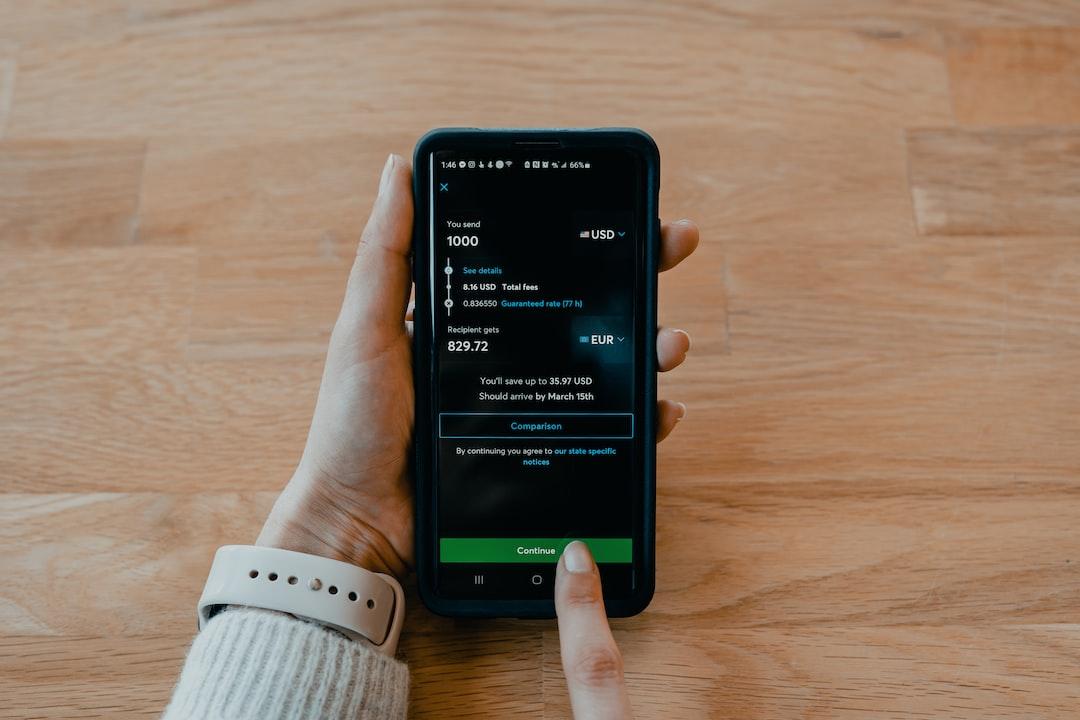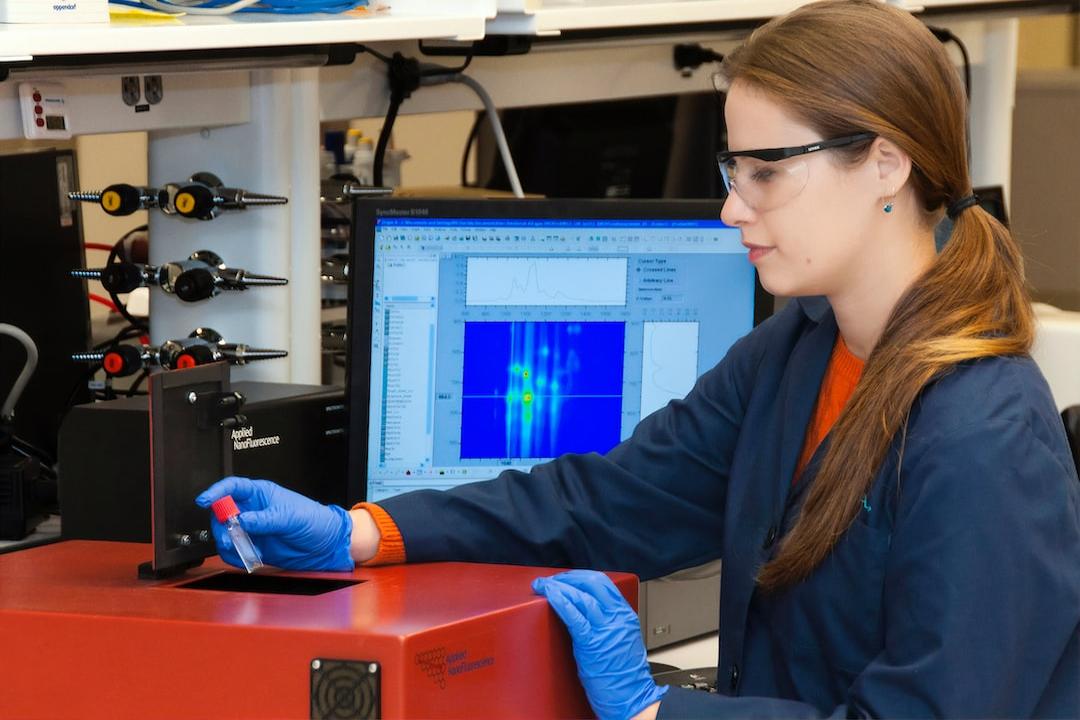A recent report by Forbes highlighted former President Donald Trump’s endorsement of Bitcoin (BTC), sparking debate over whether cryptocurrencies should be classified as strategic reserve assets. Trump emphasized the geopolitical importance of cryptocurrencies on social media and warned against policies that could hinder their growth, suggesting such measures would benefit countries like China and Russia. This statement marks Trump as the first major political figure to support Bitcoin, drawing attention to its potential role as a strategic reserve asset.
Several political leaders and influential figures who support Bitcoin insist it should be considered a strategic reserve asset. Since January, former presidential candidate Vivek Ramaswamy has been advising Trump on cryptocurrency issues. According to the report, Ramaswamy proposed supporting the dollar with a variety of commodities, including Bitcoin, to control inflation and stabilize currency value over time.
Read more:

Germany transfers over $750,000 in Bitcoin
Senator Cynthia Loomis, often referred to as the “Crypto Queen,” also suggested to Congress that the Federal Reserve diversify its foreign exchange reserves by incorporating Bitcoin. Loomis believes BTC is an excellent store of value and advocates for the US to achieve investment diversification by adding the leading cryptocurrency to its balance sheet.
The discussion around Bitcoin as a strategic reserve asset raises important questions about how the US can leverage digital currencies to enhance its economic strength and geopolitical influence. Alex Thorne, Head of Corporate Research at Galaxy Digital, told Forbes that BTC’s decentralized nature and stability make it highly suitable for playing an increasingly significant role in geopolitics and international trade.


